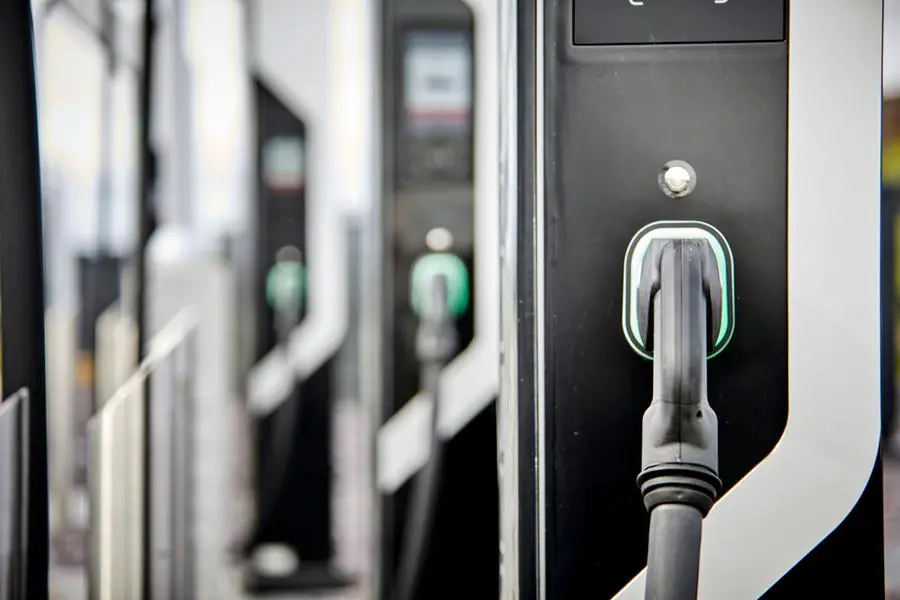PHOTO
Planet Electric, an Indian start-up focusing on commercial electric vehicle (EV) mobility, expects to launch India’s first electric cargo vehicle using material engineering innovations in June 2024, and the Middle East is the first market it hopes to export its products to.
Globally, 20 per cent of the ICE cargo fleet (last mile and short haul majority, all LCVs) is expected to be completely electrified by 2030, Gagan Agrawal, co-founder of Planet Electric, told Khaleej Times in an interview. “For India, APAC and MEA, it’s a game changer on economics if the tech is built right,” he added.
The company is currently building the prototype of its first vehicle at its factory in Manesar, Gurgaon. “So we’ll gain a lot more momentum in February once we start Customer testing. Currently, lots of 3PL fleets and large Cargo companies back us and have either given LoI or are ready to give. We don’t face inertia on this front. Solving for fundraising is next for us, Agrawal said.
Gagan and his co-founder Prakhar Agarwal are both engineers who have previously worked with the Indian Space Research Organisation. “So, we are essentially a Materials Engineering company. We plan to build the ‘vehicle’ in the ‘electric vehicle’, and do so for efficient electrification. lightweighting, while being extremely durable and crash resistant. To that effect, we will be the first globally to come out with a composite load bearing chassis for logistics applications,” Agrawal said.
Once the vehicle begins production, Planet Electric plans to build a sales funnel in the Middle East and ensure the form factor matches the local customer demand. “This is not just in prominent countries like Saudi and UAE, but also North and East African blocs who have been heavily investing in road infrastructure and inter-country logistics,” Agrawal said.
Planet Electric claims that with its lightweighting innovation, it would be able to reduce 35-50 per cent battery usage on each cargo vehicle that its deliver. “Plus, we will deliver lower carbon footprint than steel as our overall weight is much lower. Combined, we save more than 58 tonnes of CO2 conservatively, and upto 100 tonnes CO2 per truck compared to ICE equivalents. Compared to current EV equivalents, we save more than 30 tonnes CO2 extra with our innovation per km per tonne,” he added.
Cost wise, with the battery reduction and extra aerodynamic drag reduction, Agrawal says the final cost of the vehicle comes down by 35-40 per cent on an equivalent basis (Range and Payload kept same). “This is extremely critical to our customers. This enables the adoption rate to EV to be much higher than what we all anticipate. Ultimately, our focus has been to innovate to increase EV adoption, and this is a solution that is getting very good reviews from the customers,” he added.
In terms of funding, Agrawal says the next target is to raise $5.5 million to cover the factory build out (4,000 units) as well as go-to-market. “We’ll likely raise much more locally to expand to the Middle East and set up a large factory,” Agrawal said.
Copyright © 2022 Khaleej Times. All Rights Reserved. Provided by SyndiGate Media Inc. (Syndigate.info).





















